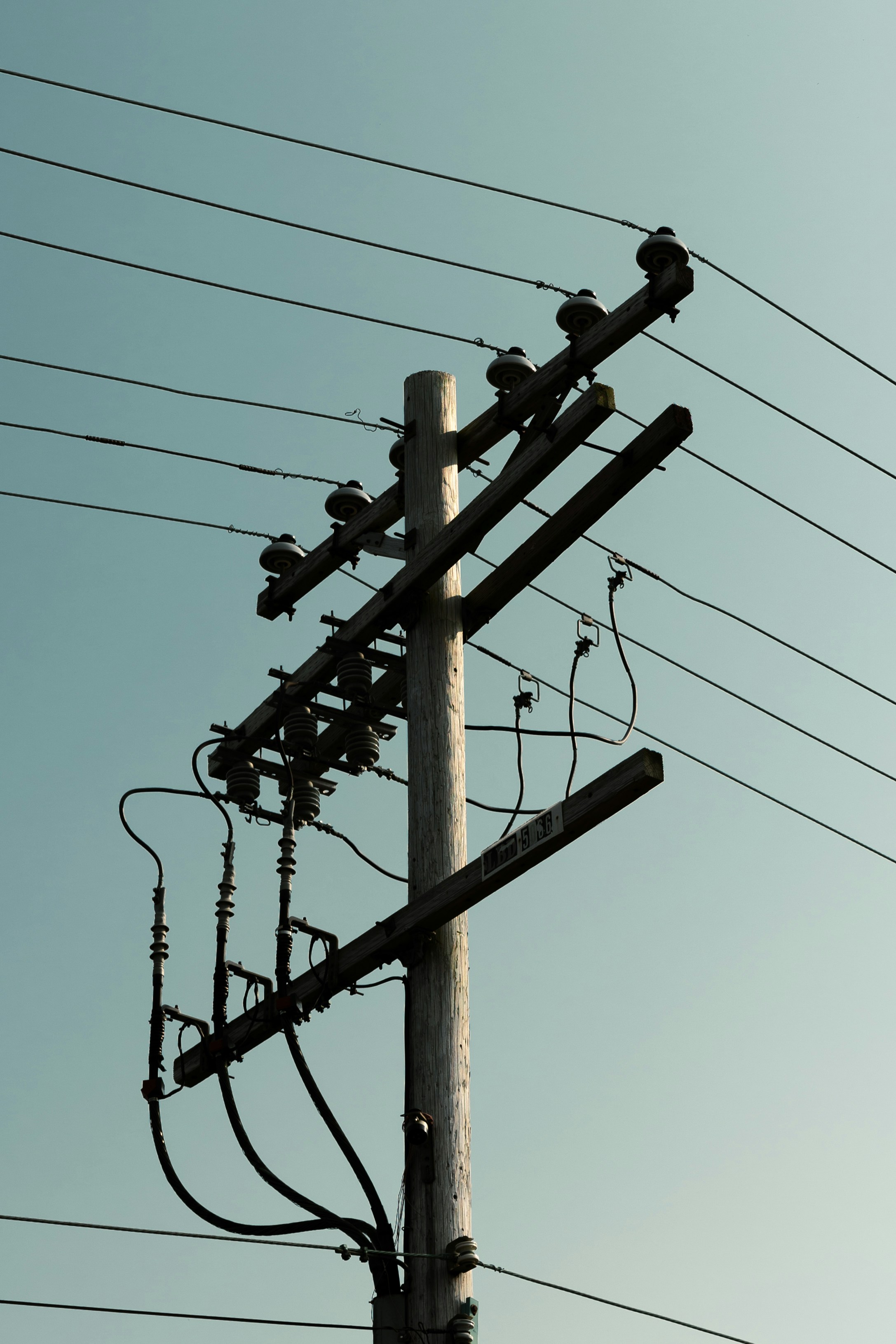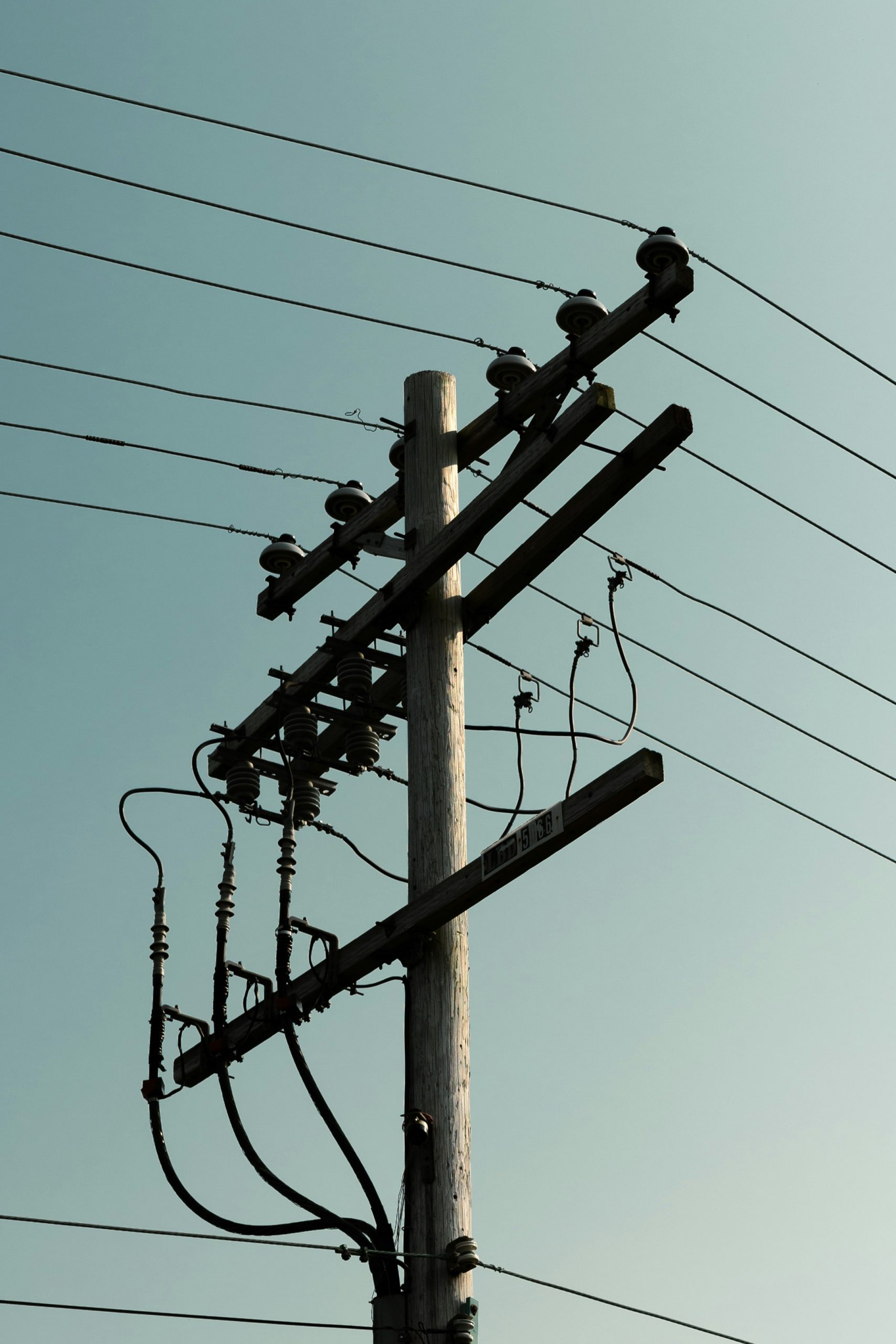What are the primary uses of a contactor in electrical circuits?
Introduction to Contactors
When it comes to electrical circuits, the unsung hero often goes unnoticed: the contactor. This essential component plays a pivotal role in controlling power flow, acting as a reliable switch for heavy loads. Whether you’re managing industrial machinery or automating home systems, understanding how contactors function can be a game changer. They not only enhance efficiency but also ensure safety in various applications.
As we dive deeper into the world of contactors, you’ll discover their different types and uses that cater to specific needs within electrical circuits. From reducing manual labor to protecting your equipment from overloads, these devices have a lot more going on than meets the eye. Let’s explore what makes contactors indispensable in modern electrical design!
Types of Contactors and their Uses
Contactors come in various types, each designed for specific applications. The most common are electromagnetic contactors, which use an electromagnet to open or close circuits. They’re widely used in motor control systems.
Another type is the solid-state contactor. Unlike traditional models, these have no moving parts and offer faster switching capabilities. This makes them ideal for high-frequency applications.
Then there are thermal overload contactors. contactor These protect motors from overheating by breaking the circuit if a set temperature is exceeded. Their ability to prevent damage extends equipment life significantly.
Auxiliary contactors supplement main contactors by providing additional contacts for signaling or interlocking purposes. They enhance system versatility without complicating design too much.
Each type of contactor plays a vital role in ensuring reliable electrical operation across various industries and scenarios.
Advantages of Using Contactors

Contactor systems offer numerous benefits that enhance electrical circuit efficiency. One major advantage is their ability to handle high voltages and currents, making them suitable for heavy-duty applications.
They provide reliable switching capabilities without the need for manual intervention. This automatic operation improves safety by minimizing human error in potentially hazardous environments.
Another significant benefit is the compact size of contactors. Their design allows for space-saving installations, particularly important in tight areas where equipment must fit seamlessly.
Additionally, contactors are energy-efficient devices. They consume only a small amount of power when activated, ultimately reducing overall energy costs.
Maintenance is also simplified with contactors since they are designed for long life and durability. Regular checks can ensure optimal performance without frequent replacements or repairs.
Common Applications of Contactors in Electrical Circuits
Contactors play a vital role in various applications, making them indispensable in electrical circuits. One of the most common uses is for motor control. They enable large motors to start and stop safely without requiring manual intervention.
Another frequent application involves lighting systems. Contactors can manage multiple lighting fixtures, allowing users to turn entire sections on or off efficiently.
Heating equipment also relies on contactors. These devices help regulate electric heaters by controlling the power supply based on temperature settings.
In industrial settings, contactors are essential for automation processes. They facilitate operations like conveyor belts or assembly lines with precise control mechanisms that enhance productivity.
Additionally, HVAC systems utilize contactors to manage fans and compressors effectively, ensuring optimal climate control within buildings. This versatility makes contactors crucial components across diverse sectors and applications in electrical engineering.
How to Choose the Right Contactor for Your Circuit
Choosing the right contactor for your circuit requires careful consideration of several factors. Start by assessing the voltage and current ratings needed for your application. Ensure that the contactor can handle these specifications without overheating or failing.
Next, consider the type of load you’ll be controlling. Inductive loads, such as motors, require contactors with specific characteristics to manage inrush currents effectively.
The environment is contactor supplier also crucial. If the contactor will be exposed to dust, moisture, or extreme temperatures, look for models rated for harsh conditions.
Think about additional features like auxiliary contacts and protection mechanisms. These can enhance functionality and safety in complex circuits.
By taking all these elements into account, you’ll find a reliable contactor suited perfectly to your needs.
Maintenance and Safety Tips for Contactors

Regular maintenance is crucial for ensuring the longevity and reliability of contactors. Start by inspecting them periodically for signs of wear or damage. Look out for burnt contacts, which can affect performance.
Cleaning is another essential task. Dust and debris can accumulate, leading to overheating or malfunctions. Use a soft brush or compressed air to keep the contacts clean.
Check all electrical connections to ensure they are tight and free from corrosion. Loose connections can cause arcing, reducing efficiency and safety.
It’s also wise to test your contactor under load conditions. This helps identify potential issues before they escalate into serious problems.
Always follow manufacturer guidelines when performing maintenance tasks. Safety should be your top priority—ensure power is off before any inspection or repair work begins. Using personal protective equipment (PPE) further minimizes risks associated with handling electrical components.
Conclusion
Understanding the primary uses of contactors in electrical circuits is essential for anyone involved in electrical engineering or maintenance. These devices play a crucial role in controlling high-voltage equipment safely and efficiently. By familiarizing yourself with the different types of contactors, their advantages, and common applications, you can make informed decisions about your electrical systems.
Choosing the right contactor for your circuit involves considering factors such as voltage rating, current capacity, and compatibility with other components. Regular maintenance and adherence to safety tips can extend the lifespan of these devices while ensuring safe operation.
With this knowledge under your belt, you’re better equipped to work with contactors effectively. Keeping an eye on advancements in technology will further enhance your understanding and application of these vital components in modern electrical circuits.


